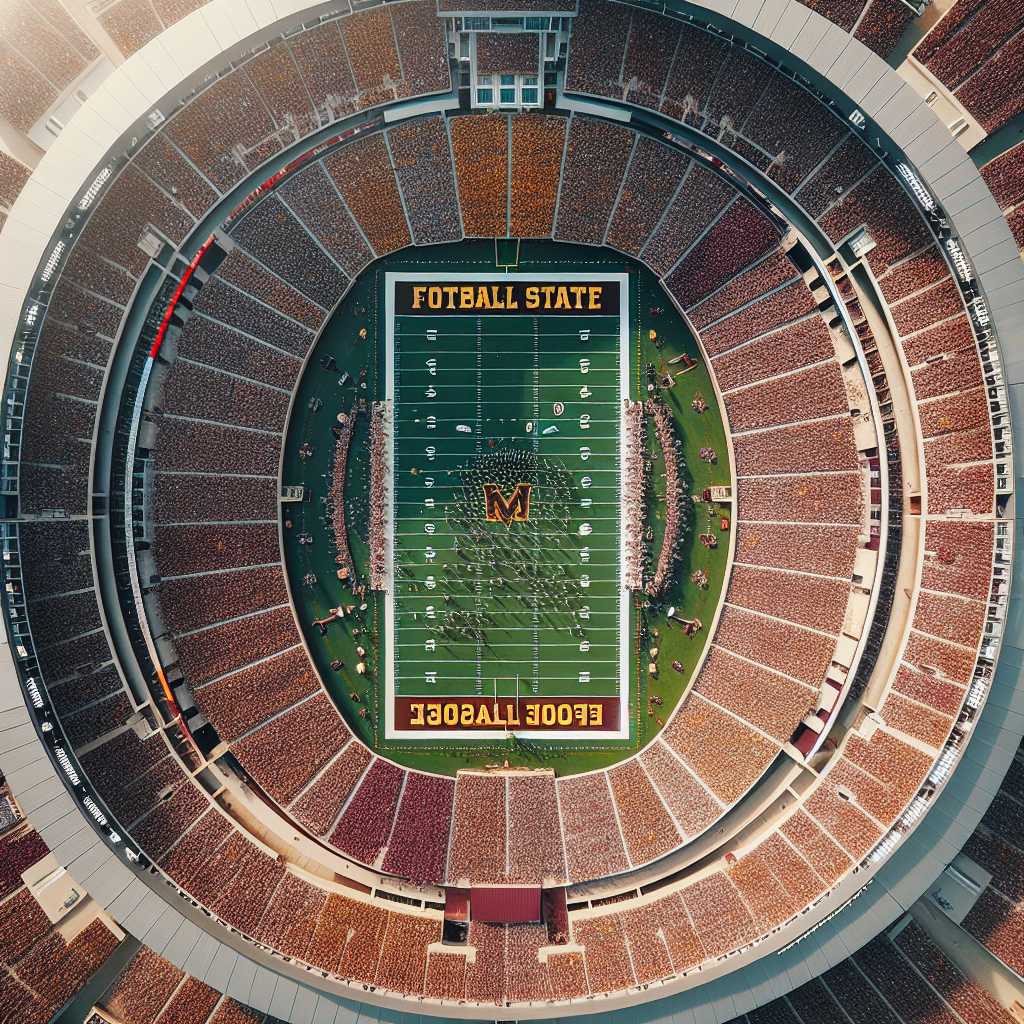The Resilience and History of Florida State University Football
Florida State University (FSU) football, synonymous with heritage, triumphs, and resilience, has cultivated a legacy as rich and vibrant as college football itself. Spanning from its amateur roots to its current status as a perennial powerhouse in the collegiate athletic landscape, FSU has a storied history filled with notable coaches, exceptional players, and a passionate fan base.
Historical Triumphs of FSU Football
Over the years, FSU football has experienced a significant evolution. The program, established in 1947, saw a relatively slow start compared to the powerhouse it would become in the late 20th century. With the advent of coach Bobby Bowden in 1976, FSU embarked on an era marked by national presence and prominence. Coach Bowden’s leadership transformed the team into consistent contenders for both conference and national championships.
Highlights of FSU history under Bowden include numerous bowl game victories, consistent high rankings, and national championships secured in1993 and 1999. These years also witnessed Heisman Trophy winners such as quarterback Charlie Ward in 1993 and Chris Weinke in 2000, both beacons of the golden era of Seminoles football.
Current Stature and Challenges
Although the early 2000s saw a slight decline from the dominant performances of the ’90s, FSU football returned to championship form by securing its third national title in 2013 under head coach Jimbo Fisher. The Seminoles completed an undefeated season with a victory over Auburn in the BCS National Championship Game.
However, maintaining high performance levels in college football requires resilience in the face of numerous challenges such as coaching turnovers, recruiting competition, and administrative dynamics. FSU continues to navigate these waters as recent seasons have seen fluctuating success. Although no program is immune to the cycles of ups and downs inherent to college sports, FSU remains committed to reclaiming its position at the apex of college football hierarchy through strategic recruiting, development of players and steadfast support from their base.
Institutional Impact and Community Involvement
FSU football carries weight beyond the stadium. It acts as a linchpin for community pride and economic activity in Tallahassee. Game days turn the city into seas of garnet and gold, filled with tailgates and tradition. Moreover, FSU players often participate in community service and outreach programs, displaying how the influence of a college football program can extend well past on-the-field achievements.
Player Development and The NFL
Florida State has an illustrious record when it comes to developing players for the National Football League (NFL). The program has sent hundreds of players to the professional ranks, with numerous Seminoles selected in the first round of the NFL Drafts over the years. This list includes seminal athletes like Deion Sanders, Derrick Brooks, and Jameis Winston amongst others who have left indelible marks on both college football and the NFL.
Impact of Fan Culture on FSU’s Legacy
The fan culture surrounding FSU football is a critical component of its success. From the sea of fans clad in garnet and gold each game day to its iconic war chant and spirited mascot “Chief Osceola,” riding Renegade at Bobby Bowden Field at Doak S. Campbell Stadium, the culture proliferates every aspect from recruitment to game-day performance.
Notes
Image Description The picture should showcase an aerial view of Bobby Bowden Field at Doak S. Campbell Stadium filled with spectators during an FSU football home game. The field is lined with players amidst game play, and fans clad in garnet and gold are visible throughout the stands. The distinctive pattern of logo-branded endzones reading “Florida State” can be seen vividly from this perspective.
yem2G
